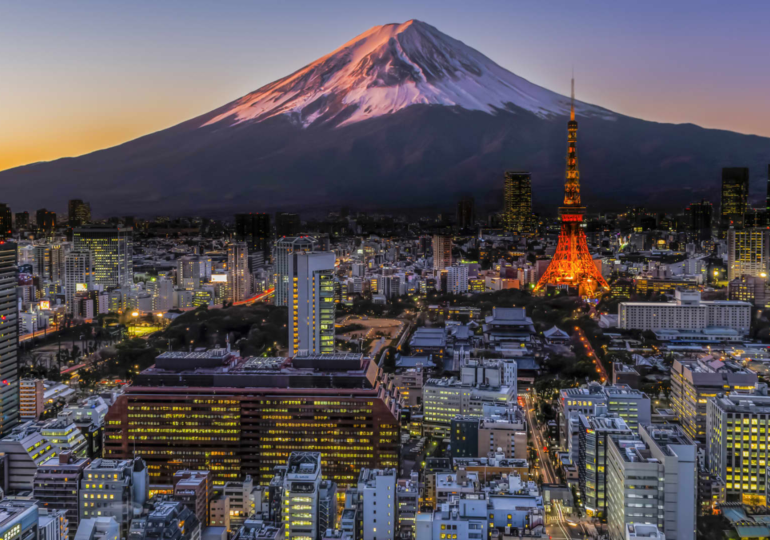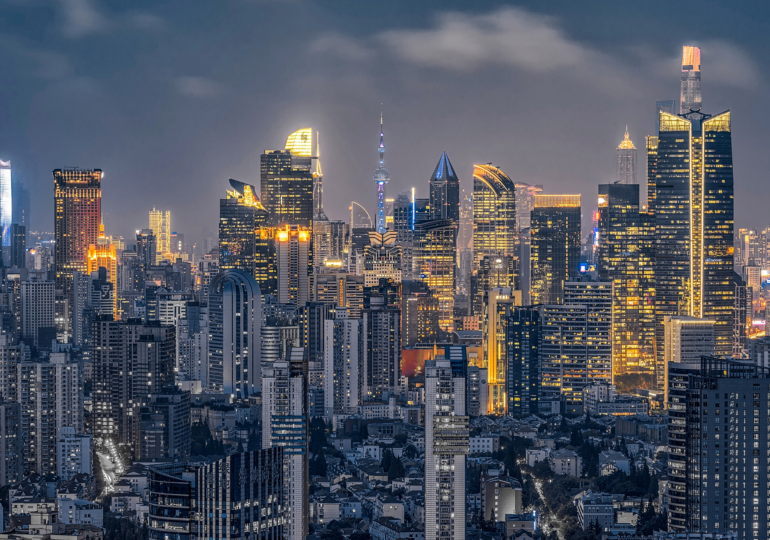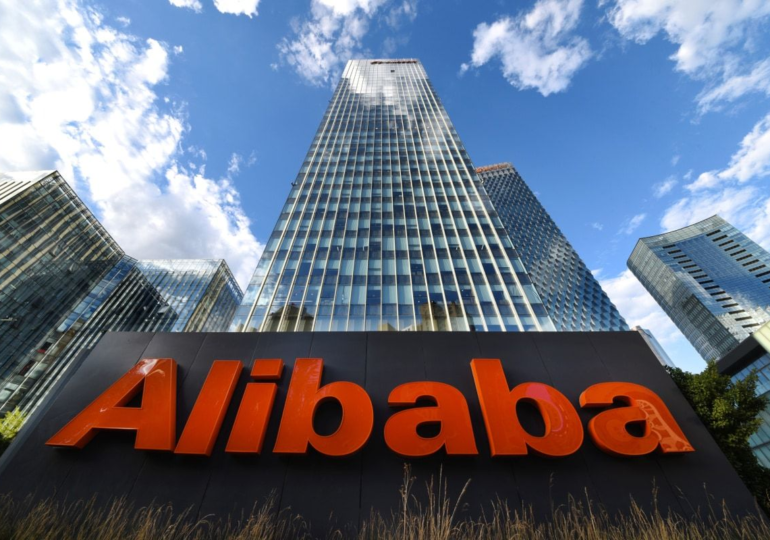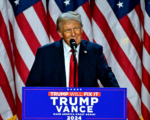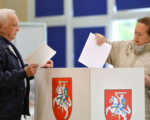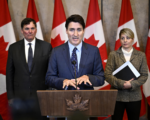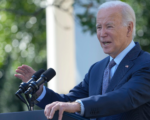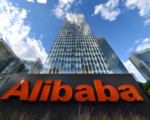Deepening Canada-India Standoff Seen as Short-Term Boost for Modi, Trudeau
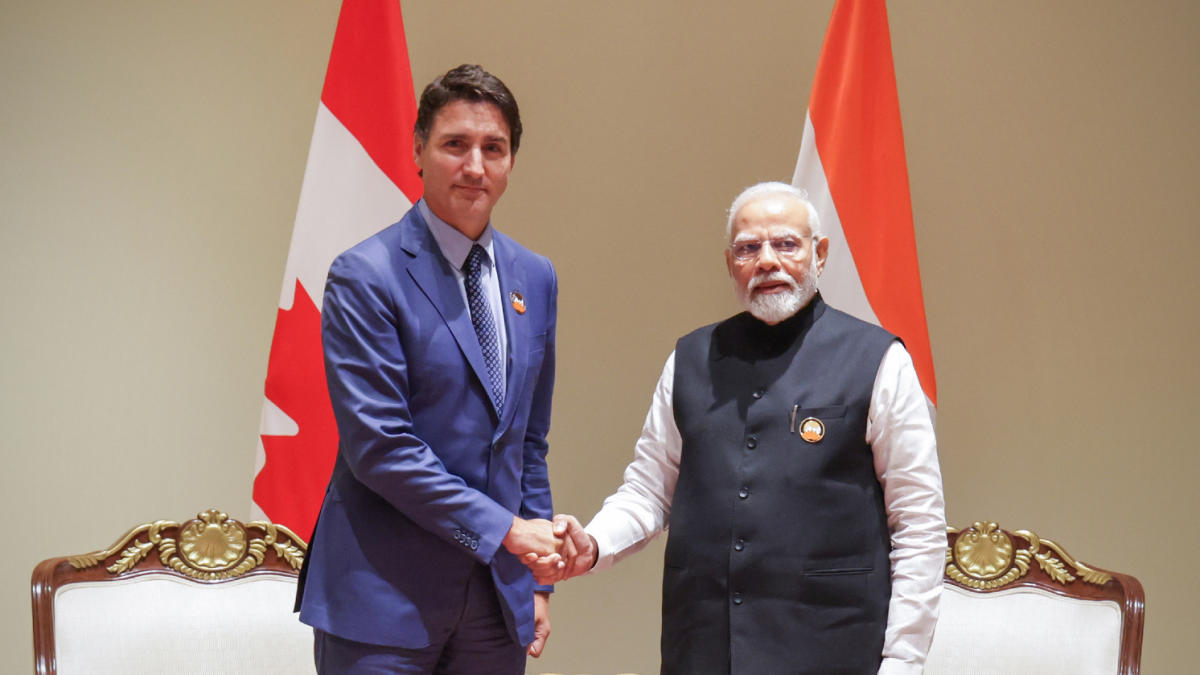
The recent diplomatic standoff between Canada and India, involving the expulsion of six diplomats from each country, is viewed as a short-term political gain for both Prime Minister Narendra Modi of India and Prime Minister Justin Trudeau of Canada, according to analysts. This diplomatic row, triggered by Canada’s accusation that Indian diplomats were involved in the murder of a Sikh separatist leader, has escalated tensions between the two nations.
Despite the deteriorating relationship, both leaders might benefit politically in the near term, as they face significant domestic challenges in their respective third terms.
Modi’s National Security Stance Strengthened
For Prime Minister Modi, the expulsion has provided an opportunity to reinforce his image as a defender of national security. Modi has long been seen as a hawk on this issue, and his firm stance against Canada’s actions could rally public support, especially following a recent electoral setback. In June, Modi’s Bharatiya Janata Party (BJP) lost its parliamentary majority, forcing him to rely on regional allies to maintain his coalition government. The diplomatic feud may help boost his domestic image as a strong leader.
Harsh Vardhan Shringla, India’s former foreign secretary, suggested that Indian citizens would view the government’s response as standing up to foreign interference. Harsh Pant, a foreign policy expert at the New Delhi-based Observer Research Foundation, added that Modi’s popularity would likely be unaffected, as he is perceived as a leader defending India’s territorial integrity.
Trudeau Seeks to Deflect Domestic Pressure
For Trudeau, the timing of the standoff shifts attention away from internal political turmoil. His Liberal Party is trailing in the polls ahead of a general election that must be held by October 2025, and there has been speculation about discontent within his party. By focusing on standing up for Canada’s sovereignty and addressing external threats, Trudeau has managed to sidestep calls for his resignation, at least temporarily.
In public remarks, Trudeau emphasized the importance of standing against foreign interference, redirecting focus from internal party issues. While his minority government depends on the support of opposition parties, both the New Democratic Party (NDP) and the Bloc Québécois have backed the expulsions, bolstering Trudeau’s stance for now.
Sikh Community and Its Political Influence
The Sikh community in Canada, which makes up about 2% of the population, plays an influential role in Canadian politics. India has often accused Canada of harboring Sikh separatists who seek an independent homeland in Punjab. However, Trudeau’s government has consistently denied any support for violent separatism.
The politically active Sikh community has largely backed the Liberals in recent years. Some Sikh leaders, like Moninder Singh of the B.C. Gurdwaras Council, have welcomed the Canadian government’s actions, seeing them as an attempt to hold India accountable. However, Singh suggested that the diplomatic dispute would have little impact on Canadian domestic politics, asserting that the government’s responsibility is to protect its citizens’ interests.
Short-Lived Benefits for Trudeau?
While Trudeau may experience a brief respite from internal political pressures, experts caution that any political gains may be temporary. Cristine de Clercy, a politics professor at Trent University, noted that Trudeau faces numerous domestic challenges, including economic issues, housing, and healthcare. She suggested that the diplomatic spat is unlikely to resolve his broader political difficulties in the long run.
The dispute, while significant in the realm of foreign policy, is unlikely to be a defining factor for Trudeau’s political future, as his government grapples with far more complex and pressing domestic concerns.



